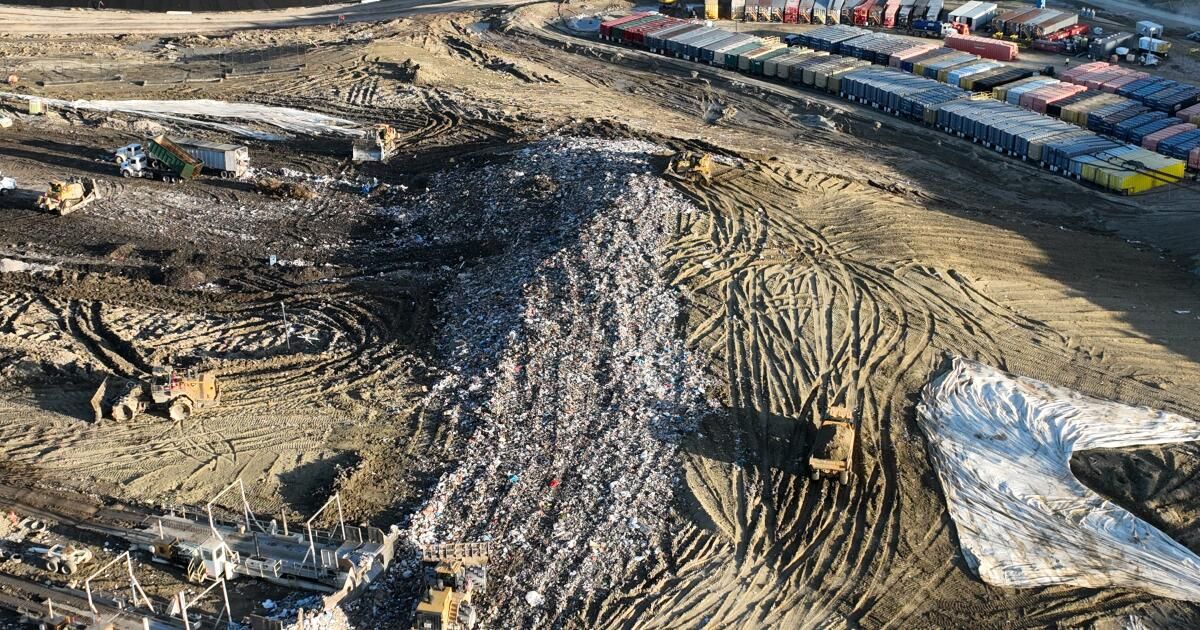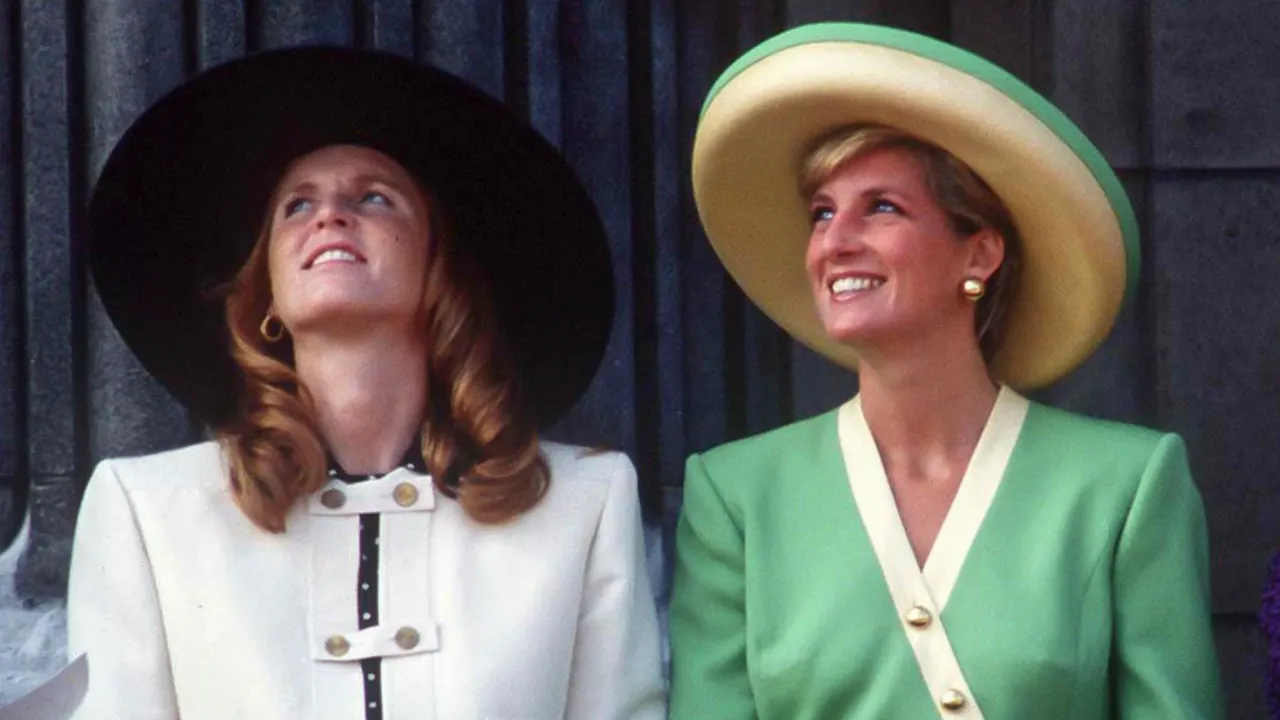Environmental regulators are criticizing the Chiquita Canyon landfill for failing to make “any significant improvements” in reducing noxious odors emanating from the Castaic facility and have ordered operators to take additional steps to address the problem.
At a three-day public hearing, South Coast Air Quality District Attorney Kathryn Roberts argued that Chiquita Canyon is operating under “crisis conditions” because its operators “actively chose to conceal” early signs of a fire at an underground landfill.
Now, landfill staff are forced to implement emergency measures that are making the odors worse, such as digging up and relocating buried trash to prevent landslides.
“Many of these actions actually have the adverse side effect of increasing odors in the short and immediate term, even though they are deemed necessary to curb emergency situations that occur at the landfill,” Roberts said at an Aug. 17 hearing.
Since May 2022, trash has been burning inside a closed portion of Chiquita Canyon, the second-largest landfill in Los Angeles County, due to a rare chemical reaction that produces heat, according to the U.S. Environmental Protection Agency.
But environmental regulators only became aware of the problem last year when a local air district inspector discovered white smoke and liquids leaking from the surface of the landfill.
The air district had ordered Waste Connections, the owner and operator of Chiquita Canyon, in September 2023 to undertake a series of projects to mitigate odors and control the burning reaction area.
Now, nearly a year later, the pungent odors persist and have been reported in neighborhoods several miles away.
This year, the air district has received 13,000 odor complaints at the Chiquita Canyon landfill, up from 7,000 in 2023. The agency has issued about 200 violations in connection with the complaints.
For their part, Chiquita Canyon representatives argued that there is no easy solution to extinguishing the smoldering conditions affecting 30 acres of the 639-acre landfill. As ordered by the air district, landfill workers have drilled and installed 220 new gas collection wells and 80 pumps to draw gases and leachate out of the landfill at high temperatures. They also aim to relieve pressure and heat the building hundreds of feet underground.
So far, there has been no significant decrease in temperatures in the 30-acre reaction zone. However, the problem has not spread to other parts of the landfill.
Many of the wells the air district had ordered installed have not been drilled deep enough to capture the landfill's smelly gases, due to safety concerns.
“This is not uncommon at landfills that experience elevated temperature conditions, where crews may encounter issues such as highly saturated waste,” said Vidhya Viswanathan, an official with SCS Engineers. “There could be pit collapses. We also run the risk of triggering pressurized leachate releases. And all of these risks come with their own safety concerns.”
Roberts said Chiquita Canyon was way behind schedule with the installation of a large impermeable cover, which was intended to eliminate odors. Originally announced as a 10-week project, the landfill now says it won't be finished until October.
The landfill has also brought in more than 100 tanks to store millions of gallons of leachate, which contains benzene and other chemicals.
Hazardous liquid waste disposal has occasionally been problematic. On Aug. 15, a worker overfilled a leachate storage tank, causing 3,000 gallons of rancid liquid waste to spill.
The air district's hearing board, which decides compliance issues, ordered Chiquita Canyon to expand its monitoring, limit excavation and use odor suppressants.
Attorneys for the air district also asked that the landfill cease operations between 7 and 10 a.m., citing unfavorable wind patterns that carried odors into nearby communities. But Chiquita Canyon representatives opposed those measures, saying they would cripple its operations.
“The district is essentially attempting to shut down the Chiquita Canyon Landfill through draconian limits on the landfill’s waste intake, which will have dramatic, ripple effects on Los Angeles County’s solid waste management,” said Megan Morgan, an attorney representing Waste Connections.
The hearing board is scheduled to hold another hearing on operating restrictions and other conditions on Nov. 13 and 14.
Fact Sheet
Towards a more sustainable California
Receive Boiling Point, our newsletter exploring climate change, energy and the environment, and be part of the conversation – and the solution.
You may occasionally receive promotional content from the Los Angeles Times.












